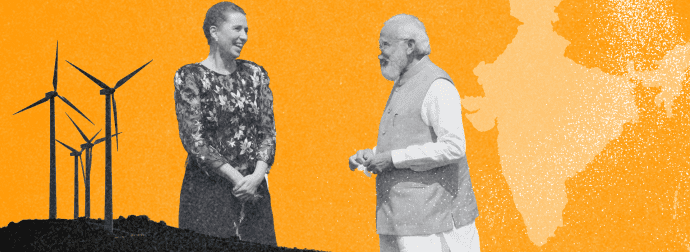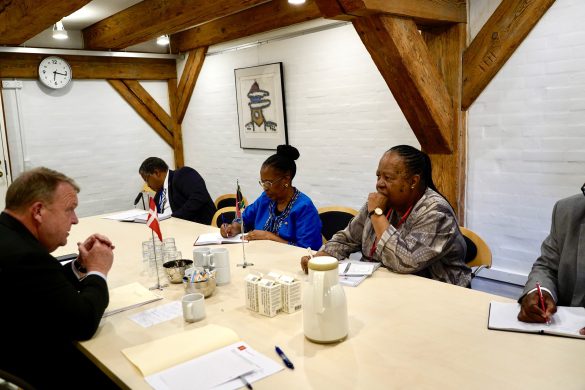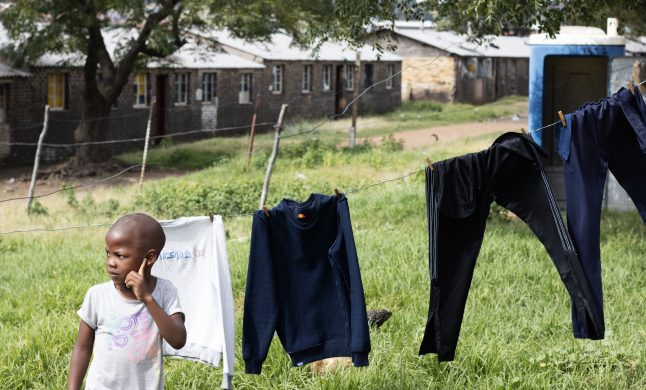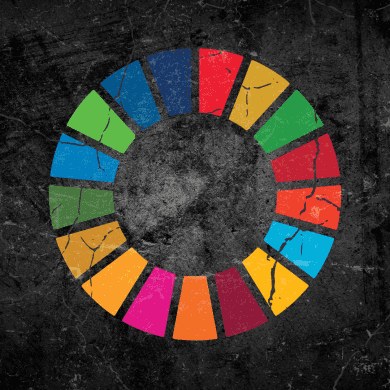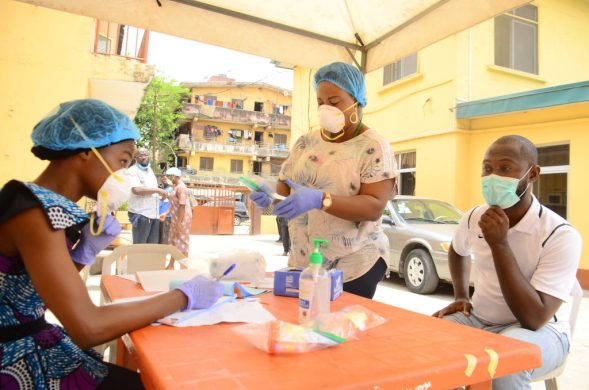Alt for ofte har regeringernes statistikker ikke passet med de virkelige tal, men det vil et nyt program under FNs Fødevare- og Landbrugsorganisation (FAO) søge at råde bod på, bl.a. med penge fra det britiske modstykke til Danida.
ROME, 4 April 201: The UK’s Department for International Development (DFID) has signed an agreement with FAO to donate 25 million US dollar to support an innovative new global partnership that will improve the agricultural statistics available to governments and farmers around the world.
The “Global Strategy to Improve Agricultural and Rural Statistics” builds capacity of developing countries to produce and use agricultural and rural statistics for more effective food security, sustainable agricultural and rural development policies and helps makes the information available to farmers when and where they need it.
Ethiopia is a good example of how an upgraded statistical system can bring about profound change.
Previously, the national crop production estimates of the Ministry of Agriculture and the Central Statistical Agency (CSA) often differed greatly, making it difficult for policy-makers to develop sound agricultural policies or to plan food aid allocation and distribution.
FAO supported a project bringing the CSA and the Ministry of Agriculture together, using new technologies to improve harvest area measurements, yield (afgrøde) estimates and market price monitoring. Today, production estimates have converged (passer sammen) and provide reliable data to underpin food security and agriculture policies.
The British contribution covers the programme’s first phase, from 2012 to 2016, and will support mainly African and Asian countries.
The emphasis is on improving how governments organize and manage their statistical systems and on technical assistance and staff training in national statistics offices and ministries of agriculture.
DFID’s contribution will also support research to identify innovative approaches for cost-efficient data collection, analysis and dissemination. This includes digital and georeferencing technology and devices, such as smartphones, GPS and satellites.
Improved statistics for better planning
“Empowering farmers can change their lives. By improving statistics, this programme will contribute to this goal,” says FAO Director-General José Graziano da Silva.
Improved information and statistics enables them to develop better agricultural policies for eradicating hunger and poverty and makes it easier to monitor changes taking place.
However, many developing countries lack good statistical systems and collect data using costly, labour-intensive and time-consuming methods.
Unreliable agricultural statistics and weak information hinder policy decision-making. This can lead to increased costs, weak policy design and reduced impacts from these policies.
In order to address these and other problems, FAO leads the Global Strategy to Improve Agricultural and Rural Statistics programme.
The programme is an international partnership for implementing the strategy, which was developed with the World Bank in consultation with national statistics organizations, ministries of agriculture and international agencies, and unanimously endorsed by the United Nations Statistical Commission.
It will eventually operate in 90 developing countries in the first five years phase with a total budget of 82 million dollar.
“The programme provides an excellent example of how FAO works with partners to translate global information into concrete results at household, community and country levels. The UK Government’s generous support will help deliver enormous benefits to governments around the world and the people they serve,” said FAO Director-General José Graziano da Silva.
Kilde: www.fao.org
Se mere om den nye globale strategi på
http://www.fao.org/economic/ess/ess-capacity/ess-strategy/en


